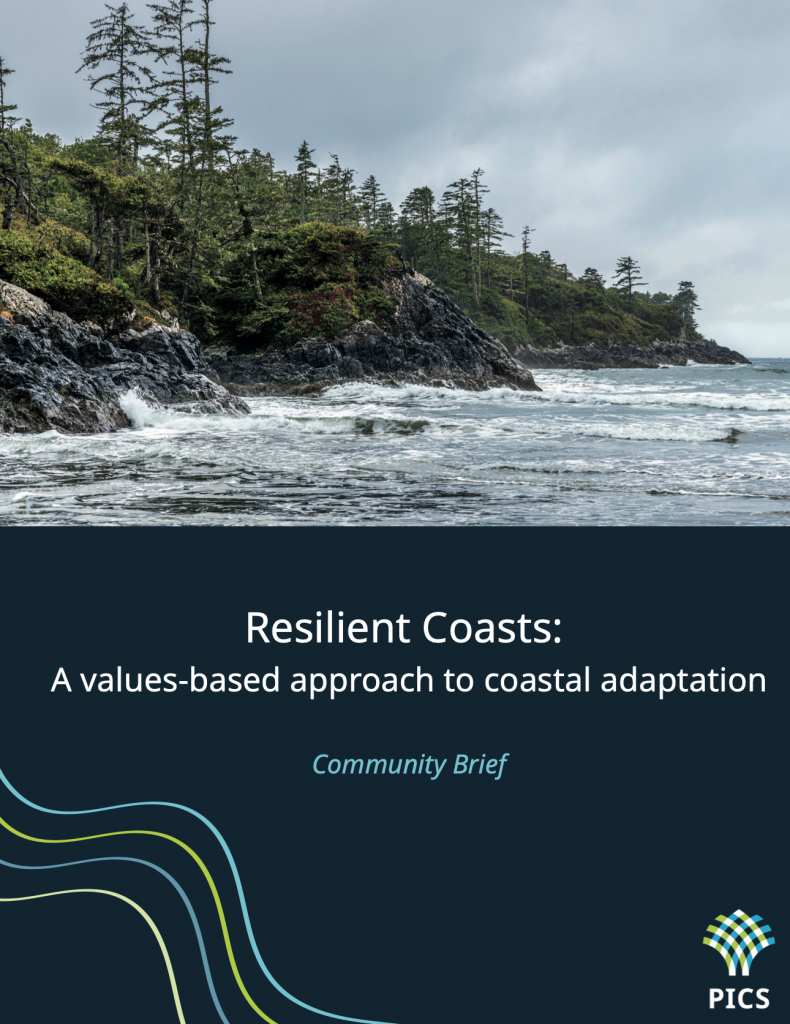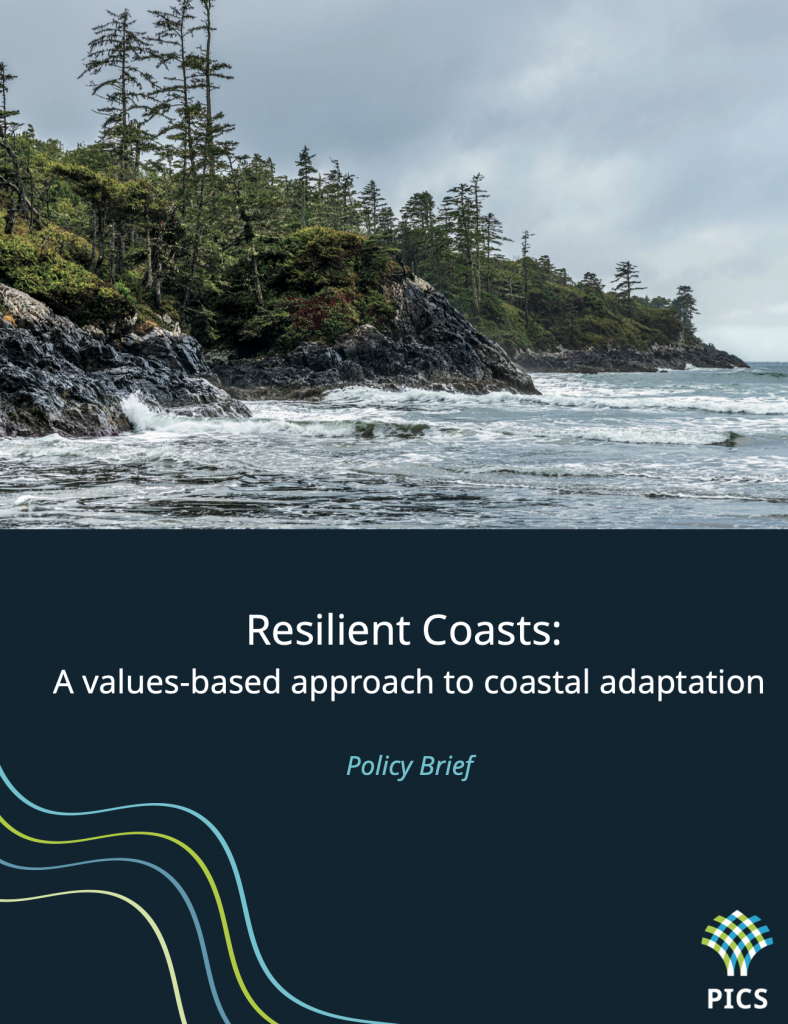Technical fixes alone won’t prepare communities for climate change—it starts with understanding the values that drive successful adaptation
Two new resources from the PICS-funded Living with Water project argue successful climate adaptation must be rooted in community values.
Titled “Resilient Coasts: A Values-Based Approach to Coastal Adaptation”, the package includes two tailored documents—one for policymakers and one for communities—each offering a practical framework to embed local priorities, lived experiences, and cultural values into all stages of climate adaptation planning.


“To adapt effectively, we need solutions that speak to peoples’ values and priorities,” says Thy Huynh, main author of both briefs. “When that happens, solutions accommodate unique needs, strengths, and aspirations. In sum, this VBA process is just one way we (adaptation practitioners, researchers, policymakers, or community leaders) can better amplify community values and shape equitable and locally relevant solutions.”
Conventional adaptation approaches, focused on quantifiable risks, costs, and outcomes, often overlook the complex, overlapping values that drive community decision-making. As a result, adaptation strategies may face resistance or fall short of meeting local needs.
The proposed values-based approach (VBA) lays out a six-step process that helps decision-makers centre both tangible values (like infrastructure and food security) and intangible values (like cultural practices, social connection, and mental well-being) into climate planning. The framework also adapts existing guidance from Canada’s National Adaptation Strategy to show how values can be systematically considered in current planning models.
“Our existing adaptation approach is a very colonial approach to our relationship with the water. It places people at the top of the value hierarchy and doesn’t really respect the water. By taking a values-based approach to adaptation planning we are more able to shift the center point of design so that we may create solutions that reflect a range of interests and relationships.”
– Angela Danyluk, Manager, Climate Adaptation & Equity, City of Vancouver
While the briefs are designed to serve different audiences, both emphasize the same core principle: communities are more likely to support and sustain adaptation strategies when they see their own values reflected in the solutions.
By embracing local knowledge, supporting collaboration, and building relationships over time, a values-based approach offers a more inclusive, equitable, and ultimately more effective way forward.



